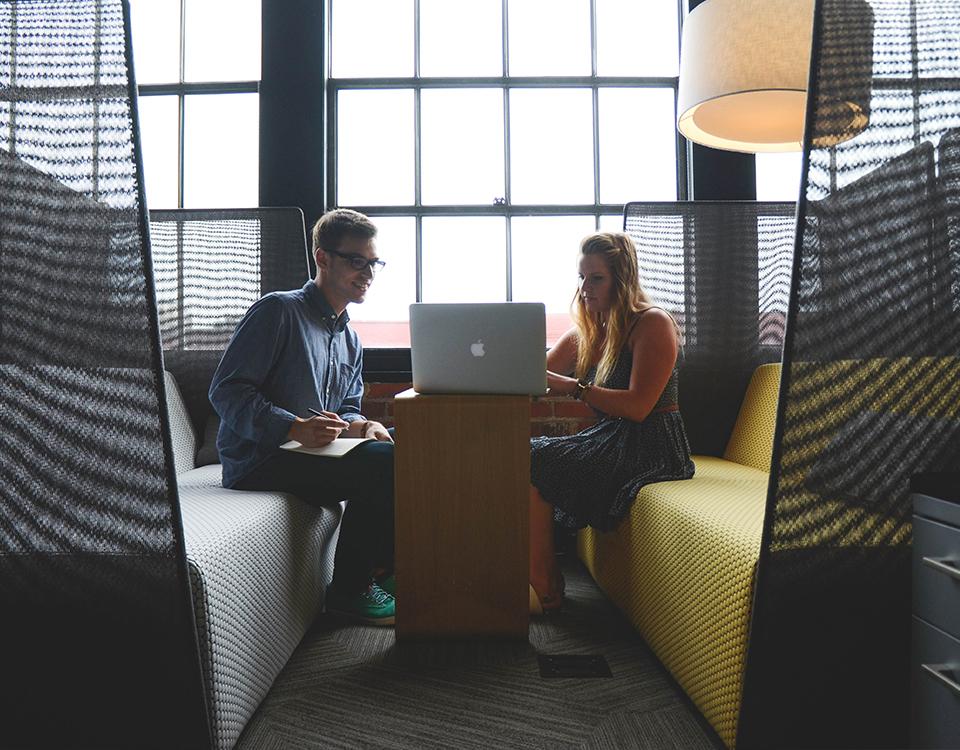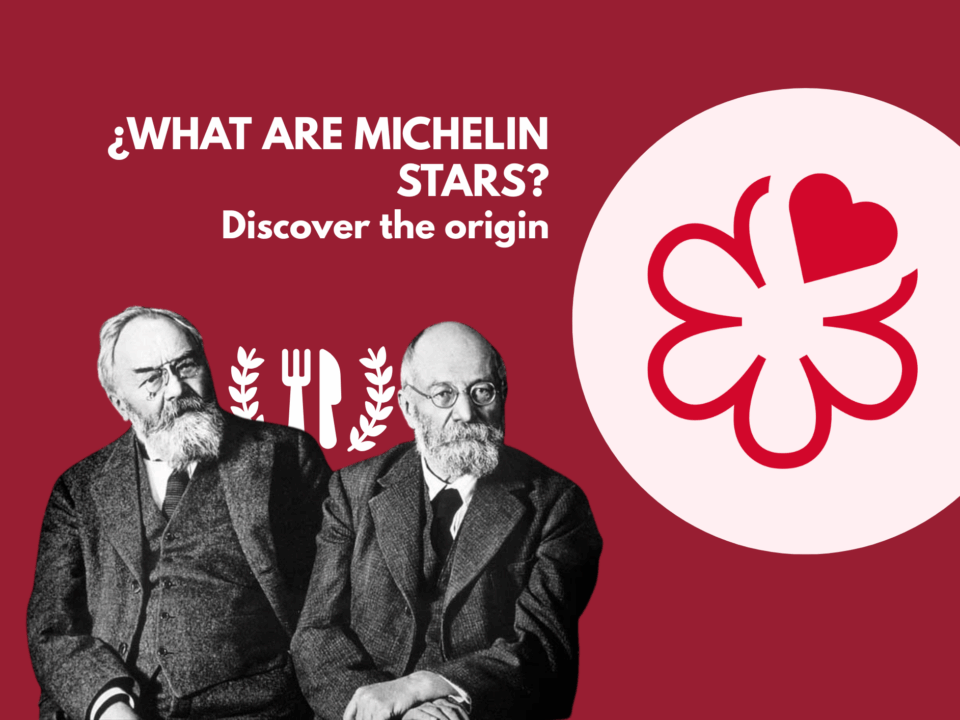
The reinvention of hotels: offices for teleworking and coworking
20 October, 2020
Trends in hotels and restaurants: the new job market
5 November, 2020Far from just being in charge of moving the dishes from the kitchen to the restaurant, the restaurant service team has a fundamental role in a restaurant since its success depends to a large extent on their professionalism. And hence the importance of their studies: the sum of knowledge and skills in the restaurant, but also in the kitchen, are a key factor for anyone who wants to become a professional in the restaurant service.
Re-professionalize the figure of the restaurant service team
The restaurant service team is the direct contact between the client and the company or restaurant, hence the value and importance of their work and their professionalism.
“Although in recent years the figure of the chef has indeed become professional, now is the time to re-professionalize the figure of the restaurant service team”, claims Eva Canaleta, Academic Director of EUHT StPOL.
“The restaurant service professionals are not transporters of dishes; this is a profession as laudable as any other as long as it is done well”, she points out. And to achieve excellence, one of the key factors is professionalization: “A professional in a restaurant doesn’t have to be noticed. If it happens, it has to be for his or her good work and not for other reasons”.
There are two key factors that will determine the “good work” of the restaurant service team: knowledge of the gastronomic offer, preparations, and pairings; and the dexterity in manipulation to, for example, finish a dish in front of the customer.
Revaluing the restaurant service
“In the restaurant service of the 50s or 60s, the staff carried out different manipulations in front of the client that gave value to their figure”, recalls Jordi Sala, head and teacher of the Restaurant Department of EUHT StPOL. And he explains that, although in recent decades it has been considered that manipulation was only part of the chefs’ tasks, now some prestigious restaurants have re-incorporated this task to the role of the restaurant service.
“Finishing elaborations in front of the customer is an element that gives value to the restaurant service team and to the restaurant, and as a school, we have to emphasize this option”, argues Jordi Sala, head of the Restaurant Department of EUHT StPOL.
Thus, in their practical classes, the students of the Technical Degree in Gastronomy and Restaurant Service finish certain preparations in front of the customer. Some examples: cutting a roast chicken to mix in a Caesar salad, skinning and serving a sea bass in salt, peeling oranges in front of the customer, and preparing them in the style of the Via Veneto restaurant, or making and serving a crêpe Suzette.
“If the restaurant service team has also culinary skills, they will have more tools to do the manipulations and finish the preparations in front of the customer; and the same happens in reverse; hence the importance that we give to the studies in gastronomy and restaurant service”, argues Jordi Sala. A Technical Degree in Gastronomy and Restaurant Service that allows students to obtain a double diploma in three years.
“Cooking is loving, serving is caring”
“Cooking is loving, serving is caring”, stated Josep Roca, head of the restaurant service and sommelier at El Celler de Can Roca restaurant in the webinar organized by EUHT StPOL. “The word caring in restaurant service is very important,” says Eva Canaleta. In fact, for Jordi Sala it is one of the “intangibles of the restaurant, surely the one that the customer will remember the most the day after the experience”.
Hence the importance of achieving success in the restaurant service, which according to Jordi Sala consists of “converting intangibles into tangible”, that is, trying to standardize and equalize elements such as the communication each customer and the treatment that is given by all the members of the restaurant service team, so that the experience in the restaurant becomes comfortable and pleasant and the memory, positive.










